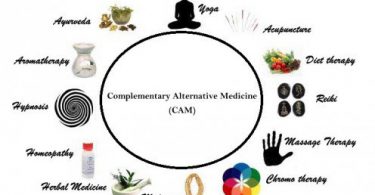With questions about the credibility of Ayurveda, Yoga and Naturopathy, Unani, Siddha and Homoeopathy (AYUSH) systems of medicine being raised time and again, the Karnataka Health and Family Welfare Department has now embarked on the task of validating the treatment methods through documentation and research.
The department has asked Rajiv Gandhi University of Health Sciences (RGUHS) to validate these methods that will be documented by AYUSH practitioners in government hospitals and bring it out as research publication.
Shalini Rajneesh, Principal Secretary (Health and Family Welfare), told The Hindu on Tuesday that there is a need for spreading the knowledge and benefits of AYUSH systems of medicine to people. “This is possible only if the drugs and practices are validated through an exhaustive research process based on standard parameters. I have written to the RGUHS Vice-Chancellor to help us out in this,” she said. “AYUSH systems offer a wide range of holistic treatments covering preventive, promotive, curative, rehabilitative and rejuvenatary needs,” she said.
K.S. Ravindranath, who retired as RGUHS Vice-Chancellor last week, said the Health Department’s proposal has been sent to the RGUHS research wing and AYUSH Board of Studies. “AYUSH systems of medicine are generally cost effective and valuable and are attracting attention globally. If it has to be accepted by people, there is a need for greater impetus on research to develop scientific evidence for safety, efficacy and quality of AYUSH drugs and therapies,” he said. There are 1,419 AYUSH practitioners working in government healthcare facilities, including 42 in district hospitals. “These practitioners apart from Ayurveda college faculty and students will start documenting the treatment methods and outcomes as soon as the RGUHS gives us a standardised format for documentation,” Ms. Rajneesh explained.
In fact, three months ago, the Directorate of AYUSH collected data on treatment methods of various ailments and diseases and the outcome from traditional healers as part of an initiative by Karnataka Knowledge Commission. This data has been published in the form of books.
V. Rajendra, Chairman of Ayurveda Board of Studies in RGUHS, said the Health Department had asked the university to take a few of the prescriptions/details of drugs administered for various diseases from the published books and validate the same through research. “I have already submitted a report on this to the Research Director in RGUHS,” he said.
Welcoming the move, N.A. Magadum, president of the State unit of AYUSH Federation of India, said it is a great step, especially at a time when there is an increasing demand for evidence on safety and efficacy of AYUSH treatment methods by people.
Pointing out that although AYUSH Research Councils have been conducting research over many years, he said a lot remains to be achieved. “The Ministry of AYUSH has taken up a series of programmes/interventions to create evidence-based support for the efficacy, safety, quality control and consistency of products,” he said.





